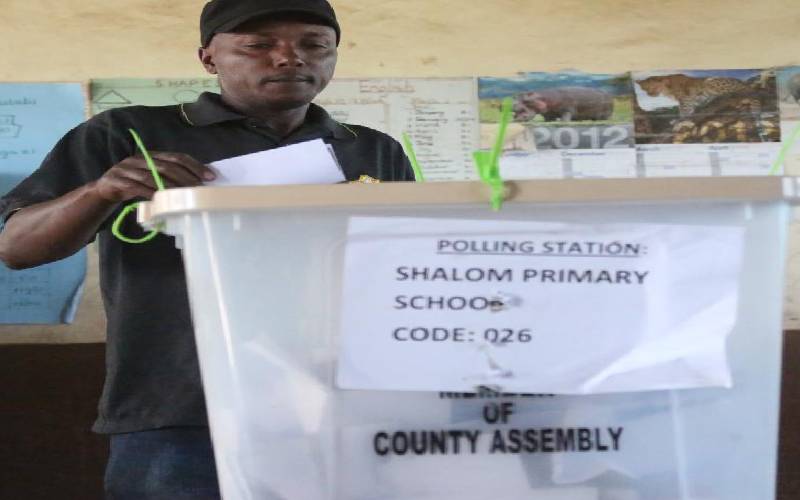×
The Standard e-Paper
Join Thousands Daily

Breakfast. Some dieticians have said it is the most important meal of the day as it jumpstarts one’s metabolism. Be that as it may, for Kenyan journalists, some breakfast they had seven years ago only gave them indigestion from which they are yet to recover.